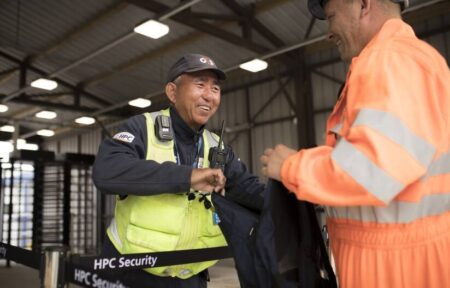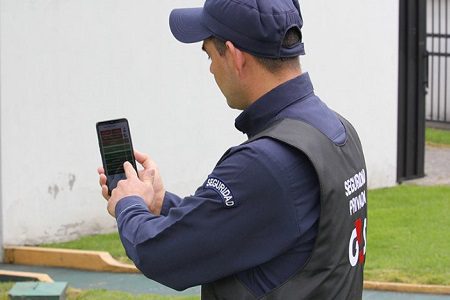
[Updated 17.45 21/9/12] G4S has rejected calls by a Parliamentary committee to forfeit its fee for the management of the Olympics security contract which it accepts it failed to deliver in full.
The House of Commons Home Affairs Committee has issued its report on the failure of G4S to deliver the contract for 10,000 security officers at the Olympic games. The report calls for the company to waive the £57 million management fee “in its entirety”.
The report urges G4S to “look to the bigger picture” and its relationship with the UK government which is its biggest client with contracts worth £759 million per year.
However, G4S said that the management fee is not a profit. “It relates substantially to real costs which have been incurred such as wages, property and IT expenditure. The final financial settlement is currently under discussion with LOCOG.”
Meanwhile, the British Security Industry Association (BSIA) has responded angrily to the Home Affairs Committee report. BSIA chief executive James Kelly said the report denigrates the work of the private security industry in securing the Olympic games.

“It is grossly unfair that the capability of the UK’s private security industry should be called into question based on the outcome of a single, highly unique and complex project,” he said.
He added: “Securing the Olympic and Paralympic Games was a unique contract with many significant challenges, and was awarded to G4S as an excellent company with an longstanding track record in delivering large-scale events and government contracts to a consistently high standard.
“To completely dismiss the huge contribution made by the security industry to delivering a safe and secure Games is unfair, and the negative publicity around the delivery of this single contract is highly damaging for the UK’s private security industry as a whole. This is an industry that employs around 356,000 people and contributes approximately £6.94 billion to the UK’s economy each year, which equates to 0.55% of the UK’s GDP.”
Failure to communicate
The company was also heavily criticised by the Committee for its poor communications with candidates and staff. The committee said that “the company should make ex gratia payments by way of apology to those applicants who successfully completed the training and accreditation process but were not scheduled for work because of G4S’s management failings”.
G4S accepted the recommendation: “G4S recognises that some candidates will not have received the level of service that they should expect during the recruitment of security officers for the Olympic and Paralympic Games. G4S has already agreed a process, in conjunction with the GMB Union, for compensating those candidates who completed training and accreditation or made a significant journey through the recruitment process, but were unable to work at the games. The process for handling these enquiries has already begun.”

Keith Vaz MP, the chair of the committee, commented: “The data the company provided to the Olympic Security Board was at best unreliable, at worst downright misleading. 24 hours before they admitted their failure, Nick Buckles met with the Home Secretary and did not bother to inform her that they were unable to deliver on their contract, even though he knew about the shortfall a week before.
“Because of the swift actions of the MOD, Home Office and LOCOG, London enjoyed a safe and secure games. The taxpayer must not pay for G4S’s mistakes. G4S should waive its £57million management fee and also compensate its staff and prospective staff who it treated in a cavalier fashion. Their decision not to bid for Rio 2016 is the right one.”
The Committee also recommended a change in the way the government handles future events: “That, for future major events, armed forces personnel should be considered as possible security providers from the outset, rather than just a backup, with appropriate recognition and reward for the personnel concerned.”
The report ends with some scathing observations:
“Few would have expected a company the size of G4S to fail in delivering such as high-profile contract. But it did fail. By contrast, LOCOG was able to recruit and deploy 70,000 volunteers, nearly seven times the number of people that G4S was asked to provide, working to the same timescale and under similar constraints. In letting major contracts, a company’s past performance is clearly an important factor, but government departments, police forces and other public bodies must not place too much weight on a company’s size and reputation alone.”
And perhaps more worryingly for G4S, “As private sector providers play an increasingly important role in the delivery of police and criminal justice services, it is vital that those commissioning services look at the track-records of prospective providers. We recommend that the Government establish a register of high-risk providers, who have a track-record of failure in the delivery of public services. This would provide a single source of information for those conducting procurement exercises about companies which are failing or have failed in the delivery of public contracts.”
However, the BSIA’s chief executive disagreed: “The case for private sector involvement in public service delivery is clear, whether measured on cost, efficiency or any other metric. The BSIA and its members remain committed to helping the Government deliver public service reforms to achieve safer, more productive outcomes.”




























